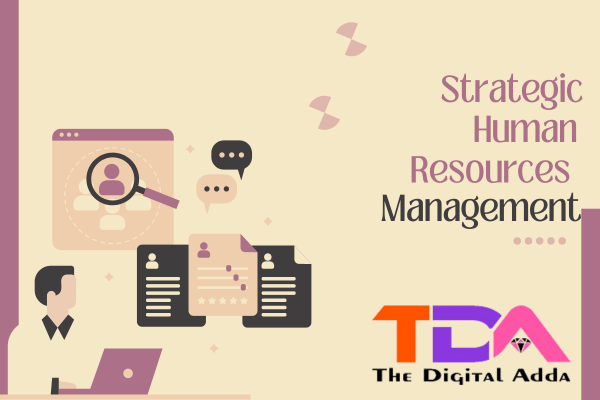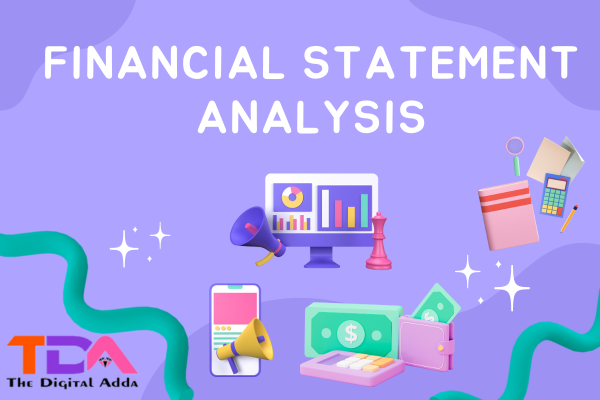Big Data & Hadoop FREE Certification – The Digital Adda
Big data and Hadoop are closely related concepts and technologies that address the challenges of processing and managing large volumes of data. Big data refers to extremely large and complex datasets that cannot be effectively processed or analyzed using traditional data processing applications. Hadoop, on the other hand, is an open-source framework designed to store, process, and analyze big data. Here’s an overview of both:
Big Data:
- Volume: Big data typically involves massive amounts of data that exceed the capacity of conventional databases and storage systems. This data can be generated from various sources, including sensors, social media, transaction records, and more.
- Variety: Big data is often diverse and includes structured data (e.g., databases), semi-structured data (e.g., XML, JSON), and unstructured data (e.g., text, images, videos). Analyzing and making sense of this variety of data types is a major challenge.
- Velocity: Data is generated at an incredibly fast pace in today’s digital world. Streaming data, real-time data, and high-frequency data sources require tools and technologies that can handle rapid data ingestion and processing.
- Veracity: Data quality and accuracy can be uncertain in big data environments due to the volume and variety of data sources. Ensuring data quality is a significant concern.
- Value: The ultimate goal of big data analysis is to extract valuable insights, patterns, and knowledge from the data. This can lead to improved decision-making, better customer experiences, and business growth.
Hadoop:
- Purpose: Hadoop is an open-source framework designed to handle big data storage and processing challenges. It was created by Doug Cutting and Mike Cafarella and is now maintained by the Apache Software Foundation.
- Components: Hadoop consists of two main components:
- Hadoop Distributed File System (HDFS): HDFS is a distributed storage system that can store large volumes of data across multiple commodity hardware nodes. It provides data redundancy and fault tolerance.
- MapReduce: MapReduce is a programming model and processing engine that allows for the distributed processing of data across a cluster of computers. It divides data into smaller chunks, processes them in parallel, and then aggregates the results.
- Scalability: Hadoop is highly scalable and can handle petabytes of data by adding more nodes to the cluster. This horizontal scalability makes it suitable for big data workloads.
- Ecosystem: Hadoop has a rich ecosystem of tools and libraries that extend its functionality, including Apache Hive for data querying, Apache Pig for data scripting, Apache HBase for NoSQL data storage, and Apache Spark for in-memory data processing.
- Batch Processing: Hadoop’s primary strength lies in batch processing tasks where data can be divided into smaller chunks and processed in parallel. However, real-time data processing capabilities have been enhanced with technologies like Apache Spark and Apache Flink.
- Community: Hadoop has a large and active open-source community that continually contributes to its development and enhancement.
Hadoop revolutionized the way organizations handle big data by providing a cost-effective, scalable, and fault-tolerant solution for data storage and processing. However, the big data landscape has evolved, and modern data processing technologies like Apache Spark, cloud-based solutions, and NoSQL databases are also commonly used alongside or as alternatives to Hadoop. Nonetheless, Hadoop remains a foundational technology in the big data ecosystem, especially for organizations with specific batch processing needs or those seeking a cost-effective solution for data storage and analysis.











